

Tag: childhood trauma treatment
-

An Intro to Dr. Bruce Perry’s Neurosequential Model
What is Dr. Bruce Perry’s Neurosequential Model? Different from a treatment technique, the Neurosequential Model is a method for organizing a child’s history of trauma, neglect, or abuse, and assessing how they are currently functioning. Using this method, a clinician can identify key problems, strengths, and therapeutic interventions so that the child’s network — family, educators,…
-

Trauma Goes Mainstream
No longer a cultural taboo, there have been a number of celebrity mental health advocates who have opened up about their struggles so that others can feel less alone.
-

Why Loving What You Have Can Feel Scary for Those Who’ve Had Adverse Childhood Experiences
To ring in the New Year, I could quote statistics of how certain feelings benefit your cholesterol levels and pump up your immune system and extend your life by 2.3 years. We could discuss that science has proven that appreciation begets happiness and happiness is healthy. But you’ve already heard all that. So on the…
-

Trauma’s Rising Public Profile
By Wesley Gallagher Trauma—it’s a big word with many connotations. Terms like post-traumatic stress disorder (PTSD) have entered the American lexicon, tied to news of terrorist attacks or stories of combat soldiers. But trauma is something that is experienced in big and small ways by people in all circumstances (no war zone required). The media…
-
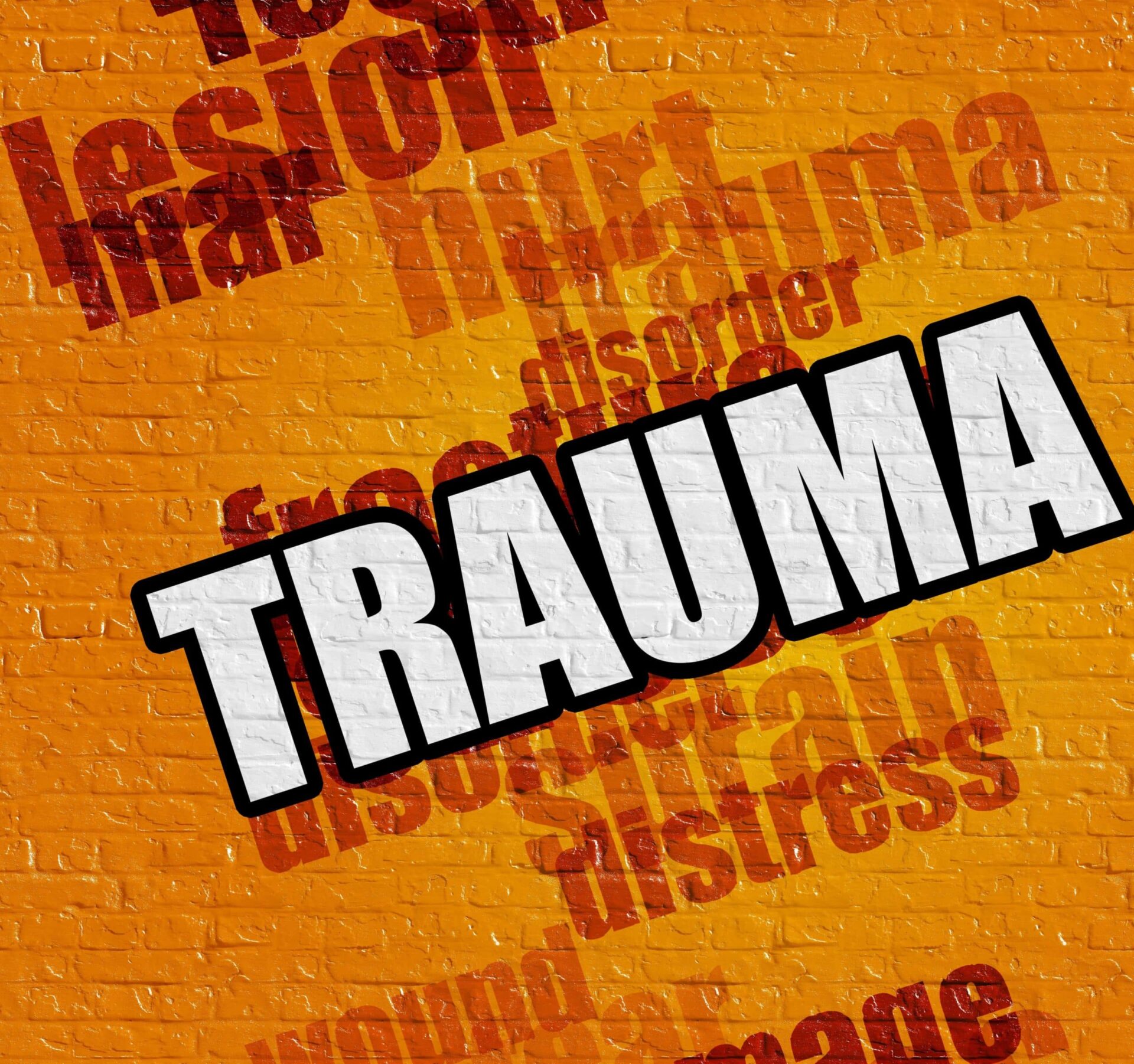
The Trauma Timeline: A Journaling Exercise for Understanding the Impact of Relational Trauma
“The essence of psychological trauma is the loss of faith that there is order and continuity in life. Trauma occurs when one loses the sense of having a safe place to retreat within or outside of oneself to deal with frightening emotions or experiences.” Bessel A. van der Kolk, MD Relational trauma can be a…
-
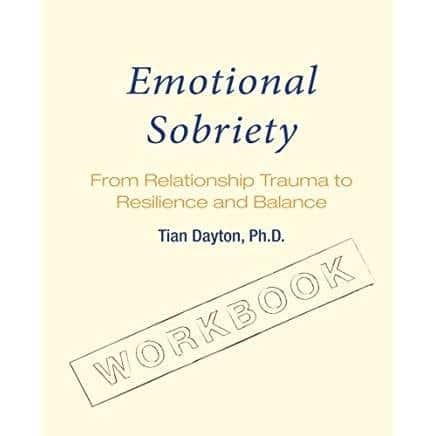
Frozen Tears: Processing Hidden Losses
Grief is normal, and it is a direct result of attachment and love. There is really no one-size-fits-all approach to grief. Still, normal grief tends to follow a pattern, whereas complicated or what psychologists refer to as disenfranchised losses can go underground and truthfully never get processed at all. This is when grief becomes what…
-
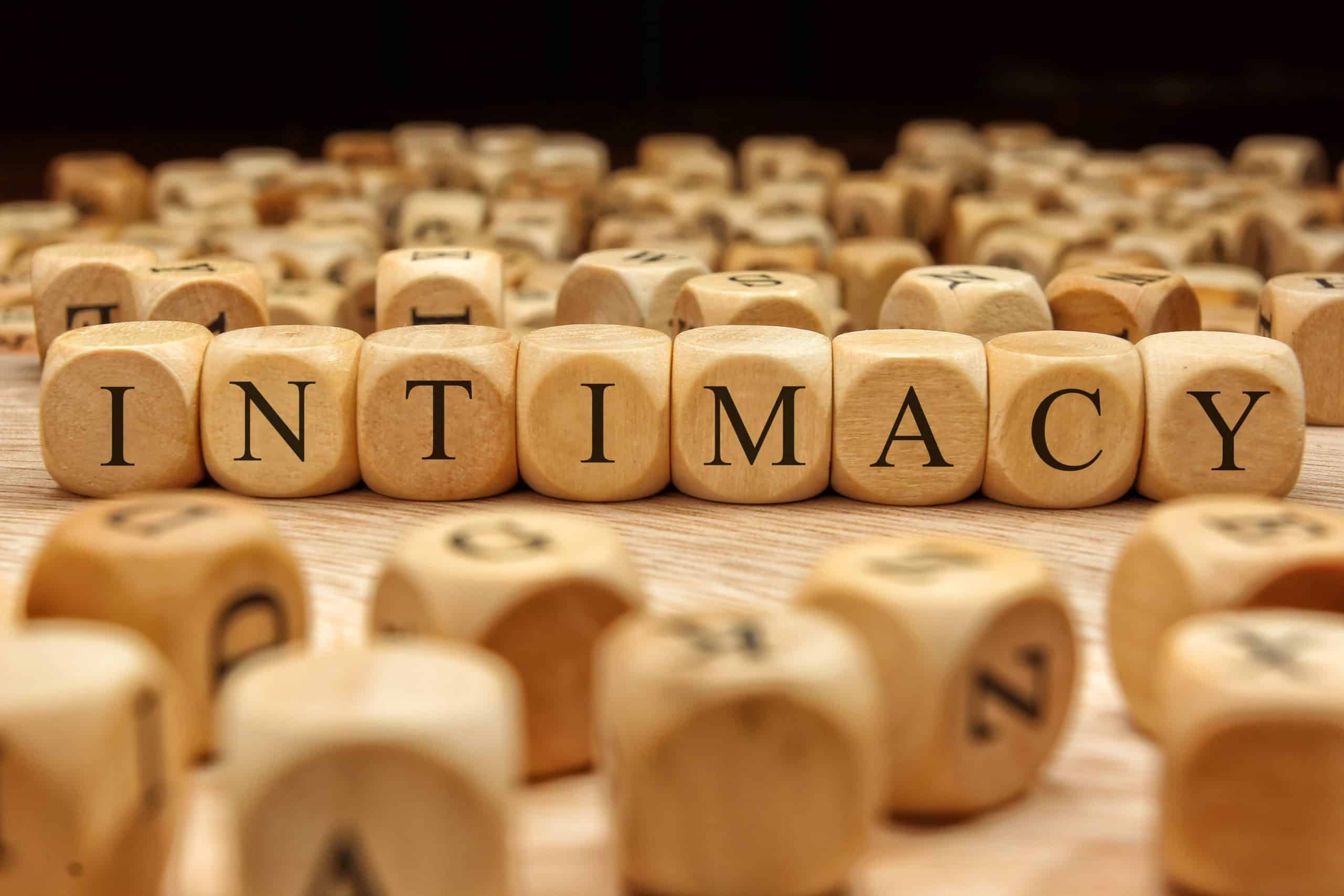
Delicate Dynamics of Intimacy: The Effects of Early Relational Trauma
Tune or out of tune with those who bring us into this world from conception onwards. Our nervous systems are fashioned by nature to resonate with the nervous systems of others to achieve a sense of balance and connection (Schore, 1999), and these early interactions become the neurological templates upon which later interactions are built.…
-
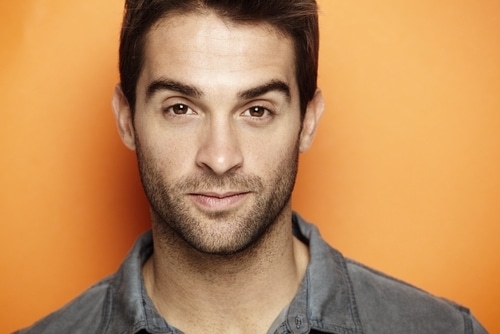
Dr. Jon Caldwell on Attachment, Trauma, and Mindfulness
Dan Griffin, a Senior Fellow at The Meadows, recently sat down with Dr. Jon Caldwell, Medical Director for Meadows Behavioral Healthcare, for an in-depth conversation about early childhood trauma, attachment, triggers, reactivity, and more. The conversation was featured on Griffin’s new podcast, The Man Rules, in which he talks with guests about the challenges men…
-
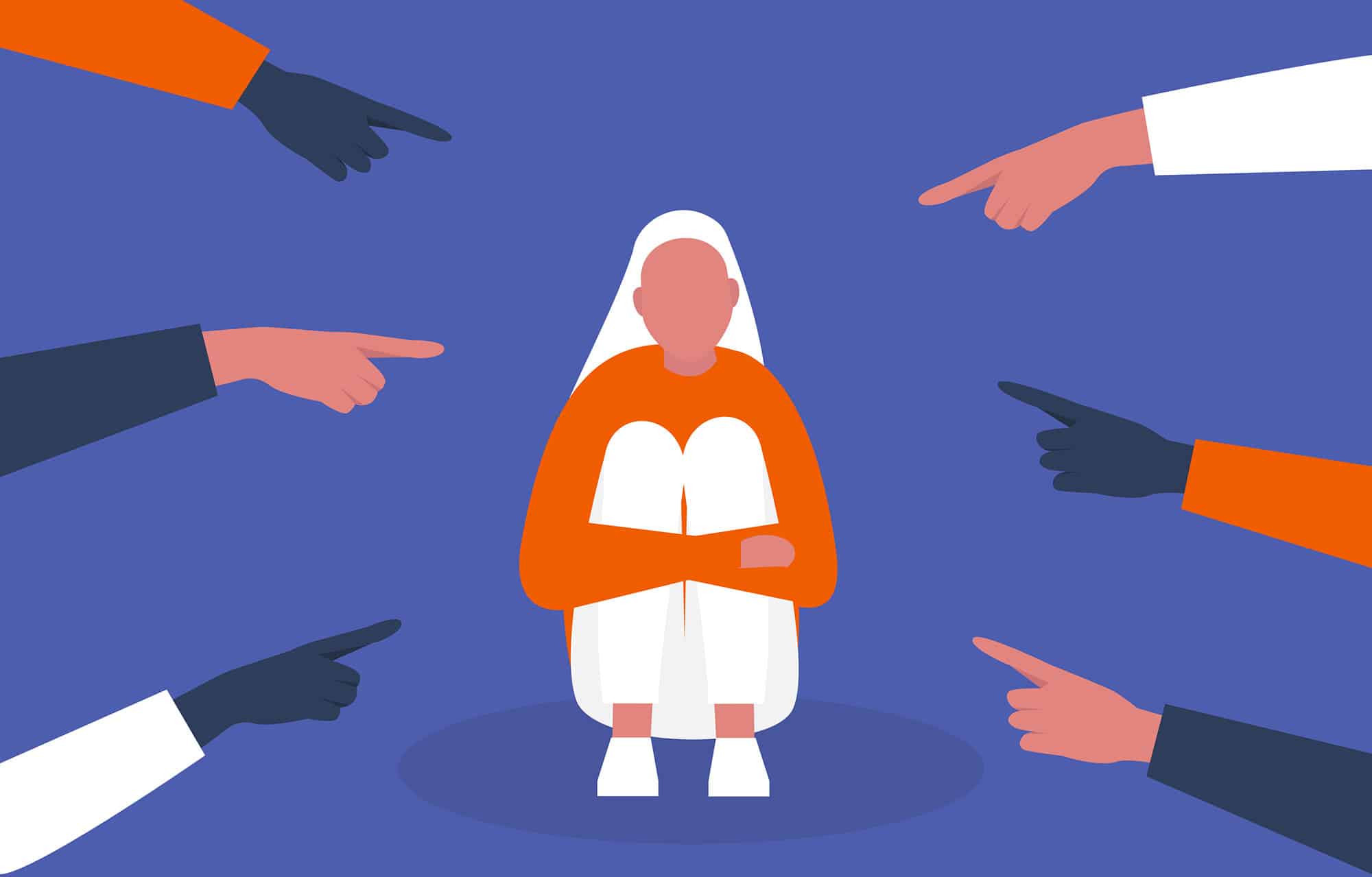
The Complex Trauma Survivor Faces a Lifetime Worth of Bullying
Complex trauma survivors face a unique challenge: managing present stress while working through past triggers to find healing and balance.
-
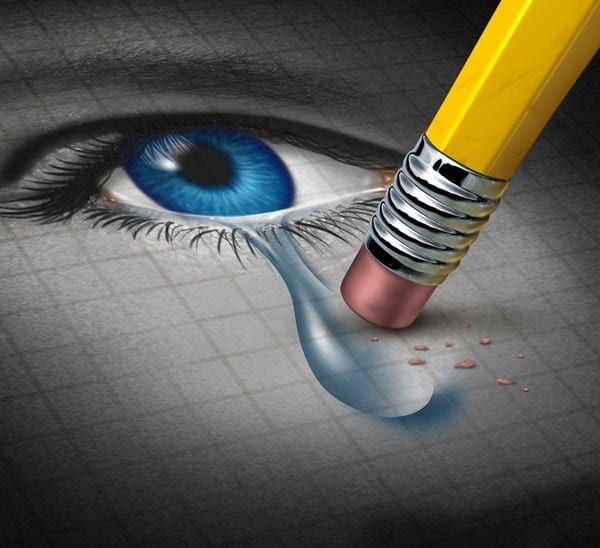
Peeling Away the Layers of Trauma: Survivors II
By: Dr. Georgia Fourlas, LCSW, LISAC, CSATClinical Director of Workshops, Rio Retreat Center at The Meadows There is an undeniable link between childhood trauma and the ability to cope with adult trauma. Traumatic experiences seem to build upon one another and not in a good way.
-

How to Move Beyond Blame and Reclaim Your Wholeness
By Vicki Tidwell Palmer, LCSW The following article is based on Pia Mellody’s Post Induction Therapy model of treating childhood trauma. When it comes to dealing with childhood issues, most of us tend to gravitate toward one of the following extremes: It’s in the past, so what’s the point? It’s all my parent’s fault I’m…
-

The Electricity of Carried Shame
Note: This article originally appeared in Fall 2005 of MeadowLark, the magazine for alumni of The Meadows. The Electricity of Carried ShameBy Lawrence S. Freundlich Children need and expect love and nurturing from their parents. This expectation is built into the genes of the human infant, who needs affirmation and protection as much as milk…